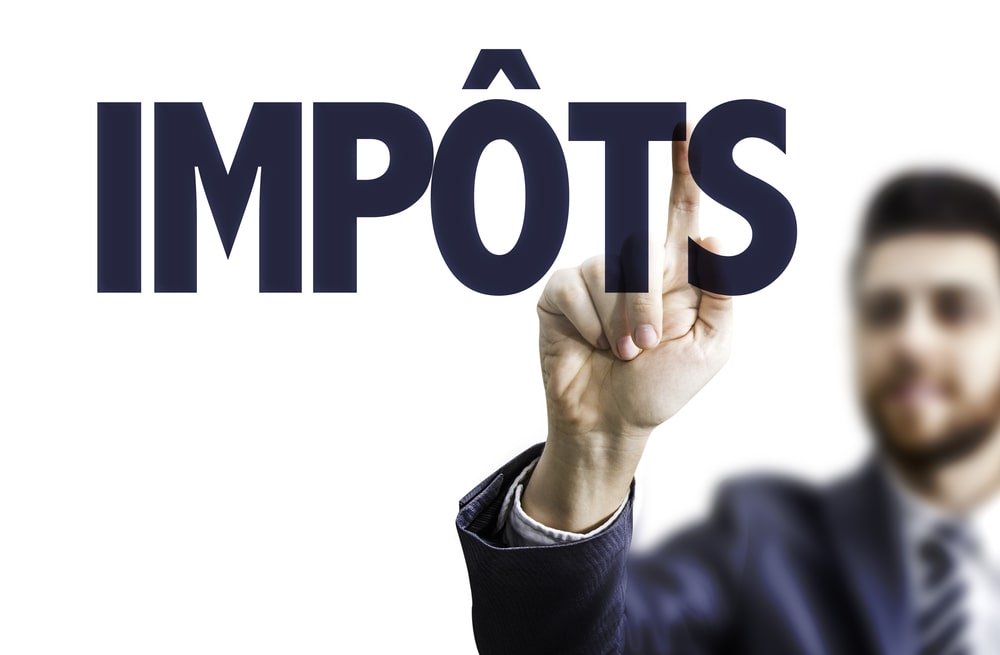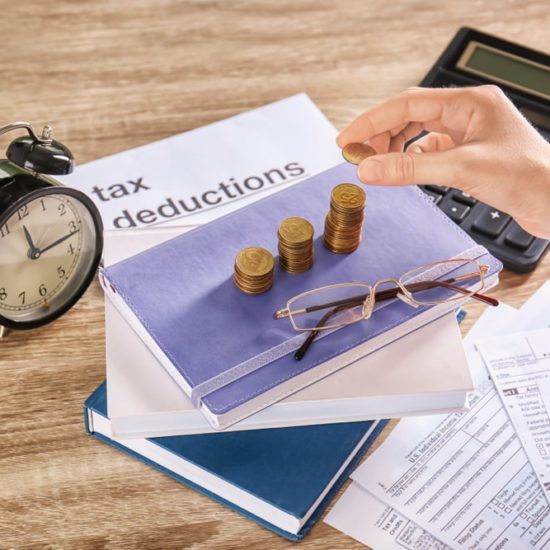
Taxes: everything you need to know about the Andorran tax system
With a geographical location between Spain and France, Andorra is a small country that is not a member of the European Union. Although it has not joined the euro zone, it does have close ties with the EU. A customs and trade rapprochement has indeed been implemented gradually. Its government is working on many issues to attract foreign investors. That said, the Principality has many advantages in itself.
Among the advantages that can be mentioned about expatriation in the Principality of Andorra, there are the taxes. Its taxation remains among the lowest in Europe. However, the income of its inhabitants is particularly high, about 2100€ on average. In this article, we will explain everything about taxes in Andorra for investors, companies, individuals and for other types of Andorran residences. What are the taxes to be paid by employees, companies, artists and others? Let's find out together!
Different taxes in Andorra
The tax burden varies according to the status of the residents and the framework concerned. Although the Principality is not a tax haven, it has a very low tax rate. In order to prevent tax evasion, the country has indeed made the effort to adopt the OECD requirements and apply the international tax standard.
Also, to avoid double taxation, the Andorran government has signed a convention with several states such as France. This convention applies to income received from each contracting state. In order to better understand your income tax, let's have a look at the Andorran tax system. What are the taxes applied?

Taxes for Andorran residents
The IRPF is the tax that applies to individuals living in the Principality. That is to say, any person with a tax resident status in Andorra. Its tax rate is capped at 10%. It concerns all Andorran residents who make profits in Andorra. However, dividends are exempt from tax.
The tax rate in Andorra for non-residents or IRNR
The Andorran tax system for non-residents concerns any person who carries out a professional activity on Andorran territory, but whose permanent residence is not there. Its rate does not exceed 10%. It will be 5% for remuneration in fees.
Among the incomes taxable to the IRNR, there are:
- Income from repairs, maintenance and works (buildings and furniture);
- Consulting, accounting and technical assistance services, etc;
- Training, conferences and trade shows;
- Reinsurance interventions;
- Rental of real estate;
- Pensions paid by the CASS;
- And compensation for CASS-affiliated employees.
The following are not subject to this tax for non-residents of Andorra: dividends, movable capital, sales and purchases of goods at the international level.
Tax on Andorran companies
The IS is the main business tax in Andorra. It will be levied on the profits made by the company depending on various factors, but the maximum rate is 10%. However, the case remains special for holding companies owning other companies abroad and for managers with Andorran non-resident status.
In addition, thanks to bilateral agreements with other foreign countries, including the double taxation treaty, some companies are exempt from double taxation on income from several countries.
Capital gains from real estate transfers
Among the other levies that exist in Andorra, there is the capital gains tax on real estate transfers. The rate of this tax is between 1% and 15% if there is an increase in the value of the property at the time of the transaction.
Taxes on real estate
The transfer tax is 4% in total for the acquisition of a property in the Principality. It will be divided between the parish concerned and the government. For sales, a capital gains tax will be applied depending on the length of time the owner has held the property before selling it.
The general indirect tax (IGI), the equivalent of the French VAT rate
In France and in the member countries of the European Union, this type of tax is known as VAT. It is the main indirect tax in the country. Depending on the product or service to be taxed, its rate is not the same. This is also the case in the euro zone.
Here is some information to give you an idea of what it is:
- The rate is 4.5% in Andorra (compared to 20% in France and 21% in Spain);
- 0% for some medical services, house or apartment rentals, etc,
- The rate is 1% for products intended for human and animal consumption,
- The rate is 2.5% for transport, except for cable transport, and for all cultural and artistic establishments,
- The rate is 9.5% for financial and banking services.
In Andorra, social security contributions are among the lowest in Europe. In addition, the government does not impose any inheritance tax.
Taxation of individuals
The IRPF is the taxable income tax for individuals resident in Andorra. This tax was introduced in 2015. The rate is capped at 10% and is one of the main taxes in the country.
On what income does the IRPF apply?
This tax is imposed on all income from a given activity or trade. It will take into account the addition of remuneration with bonuses and other types of salary. It also affects sources of income from all kinds of real estate holdings. It will be imposed on you if you have, for example, rented property.
Third, it is applied to some commercial, administrative and professional activities. Bank interest and all income received through capital loss or capital gain will also be taxable under IRPF.
On the other hand, the following are not subject to IRPF taxation: all gratuitous acquisitions such as inheritance and donation, as well as all income from the transfer of real estate.
Conditions for this tax
The following are some of the conditions that apply to this type of tax:
- No tax if the income is below 24,000 euros per year;
- If the income concerned is between 24,000 and 40,000 euros per year, the rate applied is 5%;
- Each amount below 40,000 euros is taxable at 10%. This is the maximum rate.
Who is affected by the IRPF?
Among those subject to personal income tax are residents in Andorra for at least 90 days and 183 days a year (depending on the type of residence) and any person carrying out a lucrative economic activity in Andorra, i.e. generating profits, whether direct or indirect.
Taxation of legal entities
In Andorra, the corporate tax rate is a maximum of 10%. It is levied on the profits and income of Andorran legal entities. This is regardless of the address or tax residence of the payer. However, the legal entity must have a tax residence in Andorra.
However, the tax rate is 0% for collective investment institutions according to the law 10/2008. Management companies are excluded. The IS (Impost de Societats) or this tax on companies was implemented in 2012 and has some adjustments provided for by the law. It is therefore very recent.
The company tax is imposed directly by the Andorran tax jurisdiction on the capital of the company. Nevertheless, a new company will be entitled to some special advantages during its first three years of operation. In order to have all the necessary information, you must be aware of the Principality's tax law. You can contact professionals to better assist you. Our Gestoria is able to put you in touch with the relevant partners, such as tax specialists, and to accompany you in your administrative procedures and in your installation in Andorra.

Some specific tax systems
Special systems can be applied under certain conditions. We can mention in particular the case of:
- Companies with international operations,
- Financial management companies,
- Cooperative companies,
- Holding companies,
- Foreign shareholding companies.
In Andorra, new investors may be able to take advantage of a special depreciation regime.

Realize your expatriation project without further delay!
Make an appointmentFor any expatriation project, call a tax specialist
To determine the tax situation in Andorra, it is essential to use the services of a tax expert in Andorra. He is the only expert who can deal with all the issues related to taxation. As for us, as Gestoria expatriation experts, we cannot give you any advice on taxation. We will be happy to put you in touch with an Andorran tax expert.
Apart from the tax advantages, the Principality of Andorra has many other assets. The beauty of its nature remains breathtaking. It is very well preserved. The air quality is excellent. The crime rate is also extremely low. For this reason, it is qualified as one of the safest countries in the world. It is therefore not surprising that it attracts foreign investors.
En savoir plus sur l’imposition en Andorre
Découvrez tout ce qu’il faut savoir sur les impôts en Andorre.
